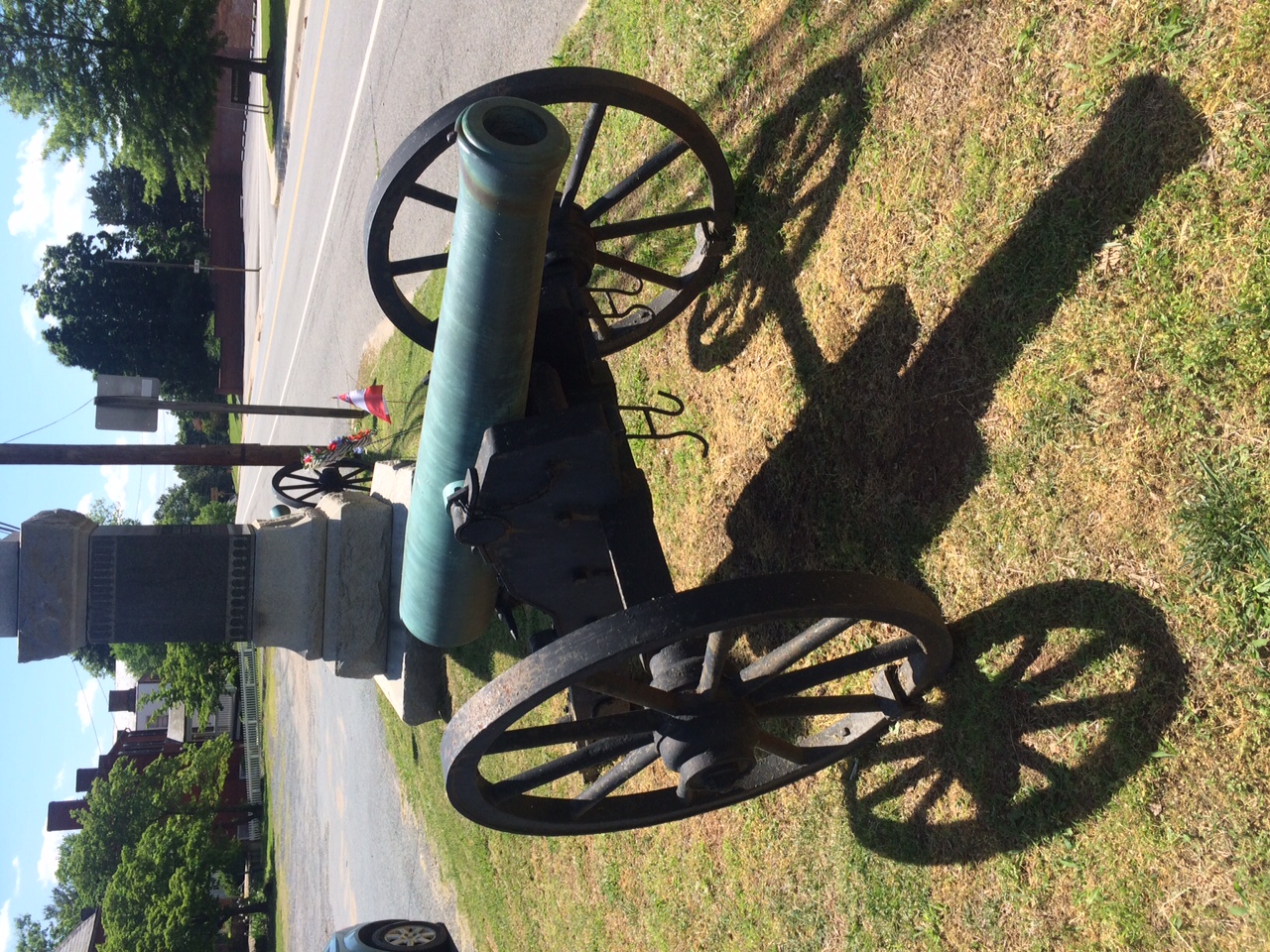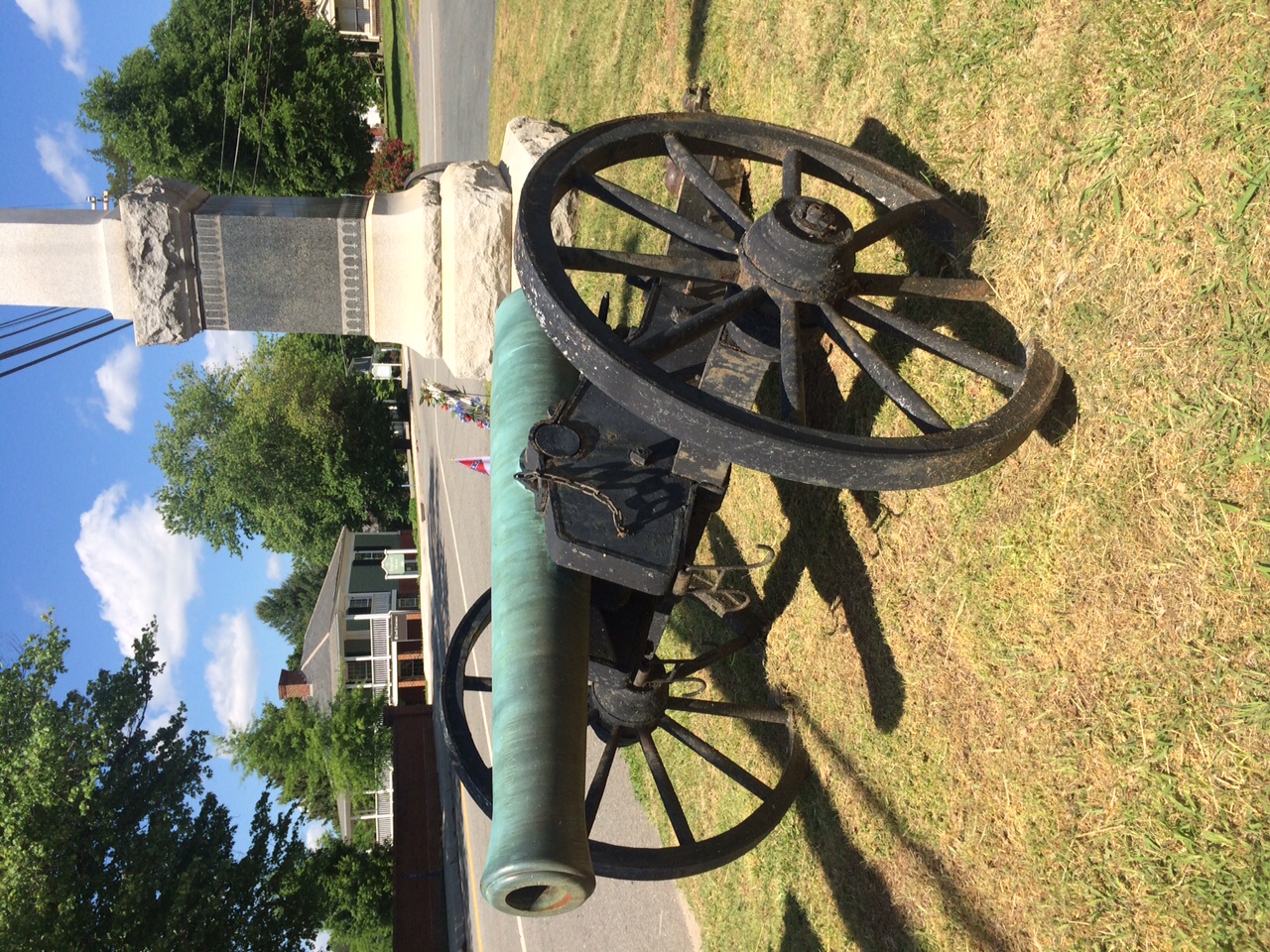On this Memorial Day, I think it fitting to share an observation that Ronald Reagan once made about human freedom.
"Freedom is never more than one generation away from extinction...It must be fought for, protected, and handed off."
The question, of course is "protected from what?" The answer is: "from us."
Freedom is not, by any stretch, the normal state of human affairs. On the contrary, for most of recorded history, humans have only enjoyed those freedoms they could defend with the sword on any given day, or which some king or warlord deigned to grant them and which he could rescind on a whim for anyone or everyone under his command. Think of freedom as a ball resting on the fulcrum on a balanced scale, where tyranny sits at one end and anarchy on the other. If you aren't sitting right in the middle, you're probably rolling towards one extreme or the other.
We're fortunate, then, to live in a country and a time where there are no true military threats to our freedoms. There's not a country or group on this earth that could invade the United States of America, overthrow our civilization, and abolish our freedoms. So what, then, could threaten our liberties?
I ask you to consider the story of the Newburgh Conspiracy.
In March 1783, a group of Colonial officers had grown frustrated by the Continental Congress' neglect of the Army — specifically, the men hadn't been paid and Congress hadn't funded their pensions. They had sent a letter to Congress a few months before demanding a resolution and promised that "any further experiment's on their [the army's] patience may have fatal effects." By March, that patience had run out and they circulated a letter calling for the Army to send Congress an ultimatum.
The men convened a meeting on 15 March to discuss the proposal and were surprised when George Washington showed up. He asked to address the officers and was given the floor. He pleaded for patience, and then asked to read them a letter written by a member of Congress. He fumbled with the paper, then pulled a pair of spectacles from his pocket and said, "Gentlemen, you must pardon me. I have grown old in the service of my country and now find that I am growing blind." That said, the letter's contents became irrelevant. The rebellious officers knew that Washington had suffered and sacrificed as much for the fledgling United States as any of them, and more than most, but he would not rebel or join a military coup. If he would not, how could they? The subsequent vote to express confidence in the Congress was unanimous in the affirmative.
Had Washington chosen to lead the Newburgh Conspiracy against Congress, he could have overthrown the government and ruled this country as a king. Instead, he quelled the rebellion before it started. For a brief moment, the country's future as either a democratic republic or a military dictatorship — possibly a monarchy — hinged on one man's choice. We know now that Washington chose not to indulge in a selfish desire for personal power, but it wasn't a given. How many times in history have we seen men make the other choice?
With one word, Washington could have subjected the freedom and liberties of all Americans to his own whims. None of us will ever be in a comparable position, but the Newburgh Conspiracy has convinced me that the greatest threat to our freedoms is us — the choices that we make. How much do we value our freedoms? Enough to exercise them? Enough to tell our own government that there are lines we will not let it cross?
The Freedom of Speech is worthless to those who refuse to speak up in the public square for what they believe. The Freedom of Religion — better described as the Freedom of Conscience — has no value to someone who has not deep-seated beliefs that they consider valuable enough to defend. The Freedom of the Press is useless if we don't demand that the press publish truth and stop succumbing to partisanship, sloth, and fear; and so on. We don't value what we don't use; and what we don't value, we don't appreciate until it's gone.
In his Gettysburg Address, Abraham Lincoln pointed out that the United States had been created to secure liberty and freedom equally for all, but the Civil War was "testing whether that nation, or any nation so conceived and so dedicated can long endure." He then pleaded with the audience to remember the dead soldiers of Gettysburg and "take increased devotion to that cause for which they gave the last full measure of devotion—that we here highly resolve that these dead shall not have died in vain—that this nation, under God, shall have a new birth of freedom—and that government of the people, by the people, for the people, shall not perish from the earth." His point was that the Civil War was something that we had done to ourselves. The country was tearing itself apart not because a foreign power had pushed us to it, but because Americans themselves had radically different views on who should enjoy freedom and what it was worth. Were the Americans of his day going to do what it took to extend freedom to everyone on this continent, or were they going to decide that freedom wasn't worth the fight and quit?
Lincoln's question was, essentially, "how much do you really value freedom?"
When people say they are grateful for the soldiers who fought for our freedom, I prefer to think that they fought to give us the chance to protect freedom; and I would love to see us all resolve, on this Memorial Day, not just to thank those soldiers for what they've done, but to promise them that we'll work harder to protect those freedoms and ensure they can be handed off when the time comes.




